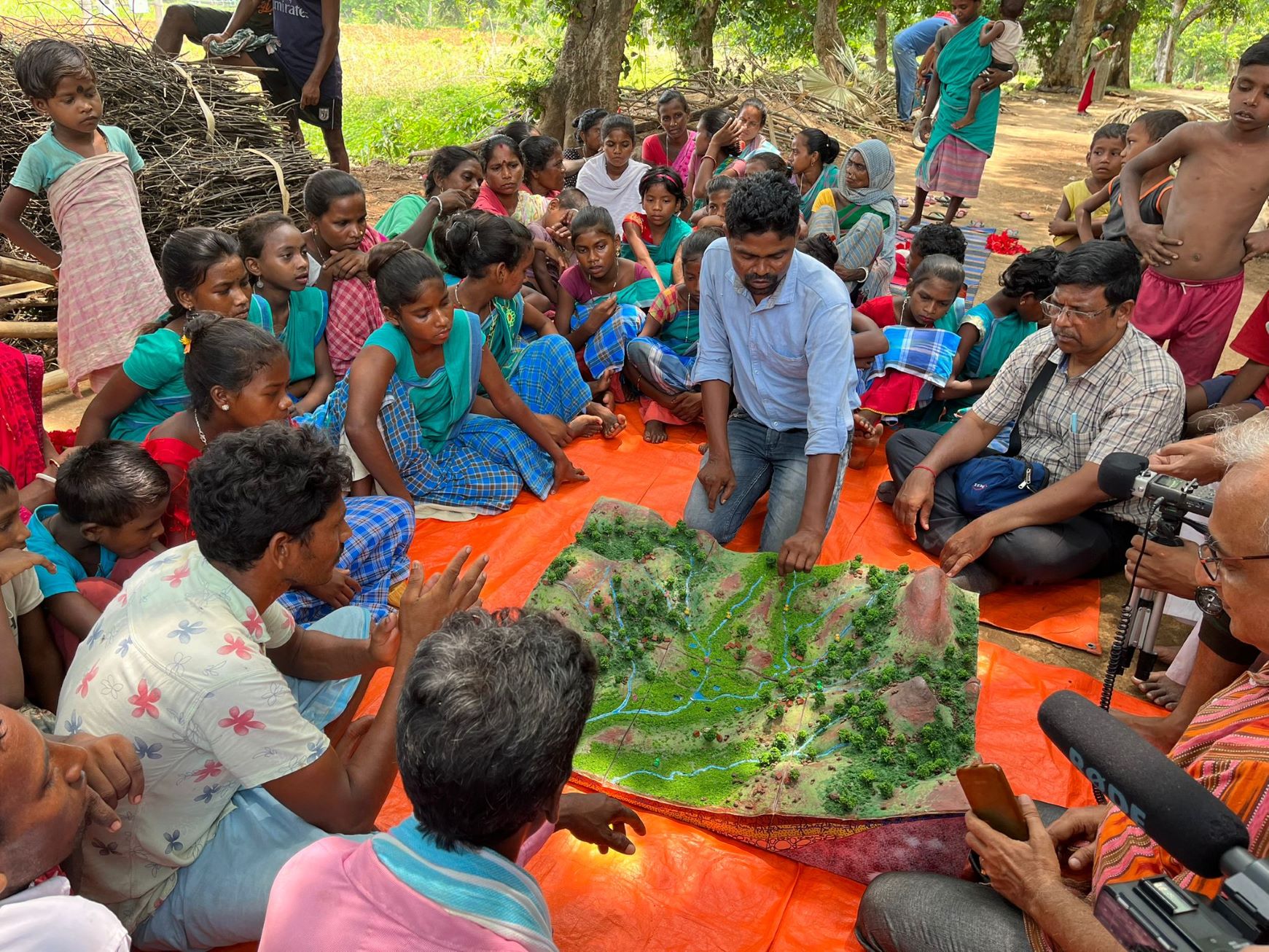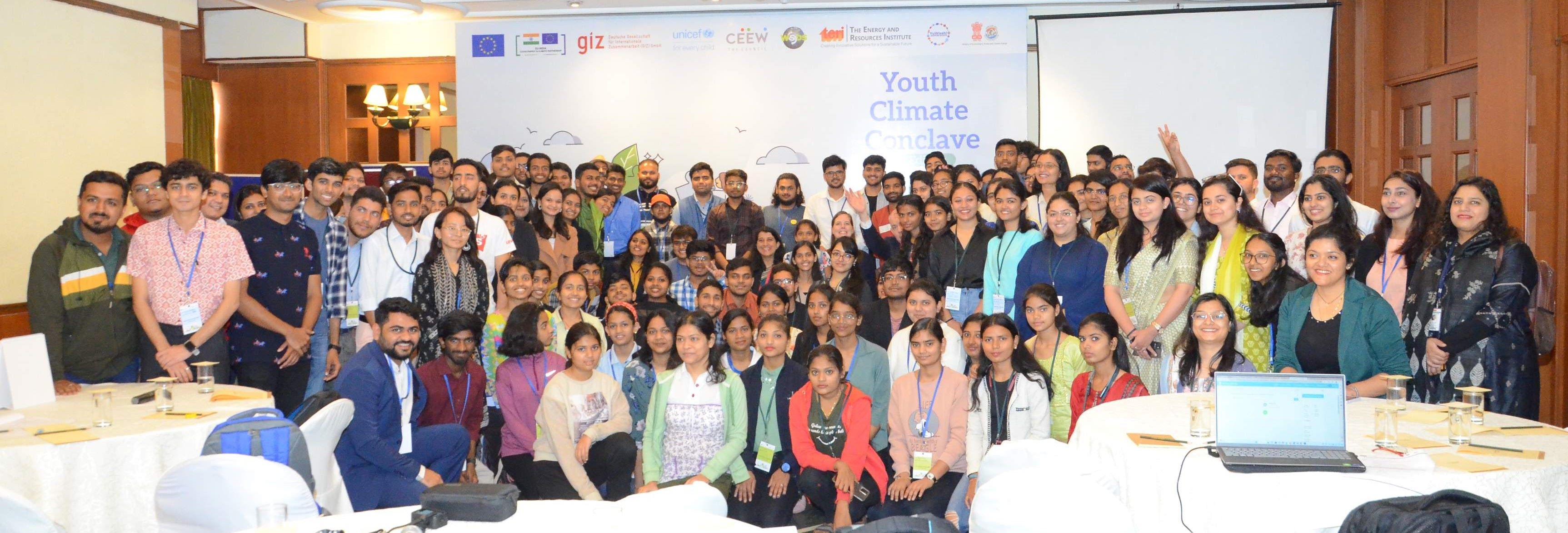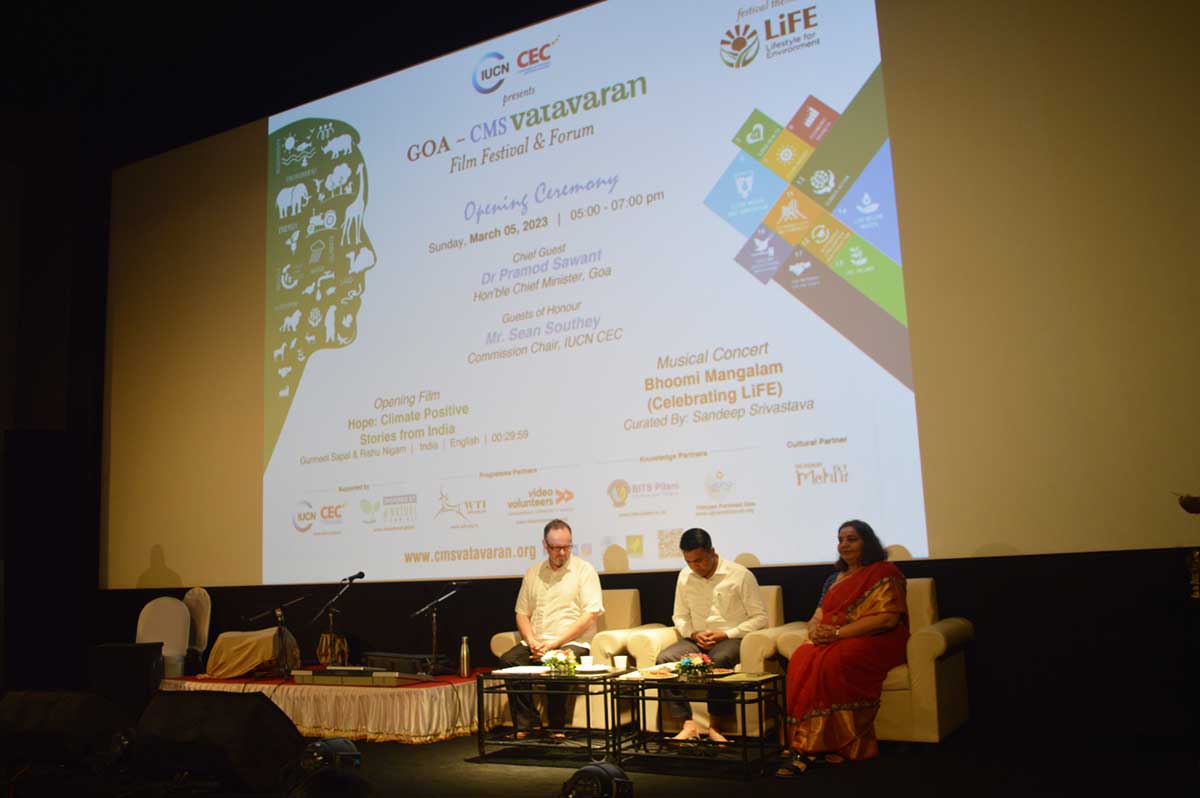Women fishers in Manipur’s Loktak Lake strive for its restoration
Salam Rajesh, CEESP member
The fishing community in Manipur’s Loktak Lake faces a tough life negotiating between the need to eke out a living in a wetland whose ecosystem is fairly degraded, and striving to take part in its restoration. The women fishers share equal responsibility as the men in all activities.
The Champu Khangpok Floating Village in the midst of Manipur’s Loktak Lake – one of India’s 75 notified Ramsar sites - is a unique feature in Asia, being one of the only natural floating villages in the continent.
Manipur State is largely mountainous in geophysical character, with a patch of floodplain at the center. Loktak Lake, an inland freshwater wetland, is located towards the southern part of the floodplain.
The 140 families residing in the floating village are fishers by birth and by profession. The women here play multiple roles as family caretaker, provider for the family, and they take active part in issues of conservation of the lake and its biodiversity.
Each year, the Champu Khangpok Floating Village Welfare Committee makes it a point to observe important dates in the calendar that highlights issues on biodiversity loss. The urgency comes from the need to voice their concerns on the restoration of the fast degrading ecosystem of the lake that provides for their living and sustenance.
At the center of this grassroots activism are the women fishers for whom the stakes are high. They depend on the lake for everything in their lives. Fishing is their only occupation and unless the rejuvenation of the declining fish population is achieved, their lives are at risk. The fish catch provides for their food, for their children’s education, and everything else they require in their everyday life.
The increasingly tough lifestyle has literally forced the women to share equal responsibility as the men in finding ways on their own for the restoration of the lake ecosystem. They need to restore the fish and the aquatic vegetation that provide for food and money for their families.
Earlier this year, women in the floating village set up two Self-Help Groups (SHGs), with fifteen members in each group, to start a micro-financing venture where they will pool funds – however meager they may be – to think of ways of supplementing their income instead of depending solely on the fish catch, which in itself is getting tougher by the year.
Like Apabi Devi, secretary of one of the SHGs, says, “Life is pretty tough these days. On the one hand is the deteriorating condition of the lake, and the sharp decline in fish population is hurting our meager earnings. On the other hand, we face threats of displacement from the Government’s push on ‘developmental’ agenda where we have no stake at all”.
For the Loktak women fishers, it’s a call to stand up to the situation that is unfolding before them. They must face the State’s threats to displace their lives, while taking on the responsibility to work for the restoration of the lake ecosystem.
The women SHGs try to look at two fundamental issues. Firstly, to have a system within themselves to sustain their lives through the micro-financing venture, and secondly, to garner strength through the SHGs in establishing a network amongst themselves and other women fishers within the lake to work for the conservation of the lake.
Bringing back the population of the water chestnut, fox nut, lilies, and many other species of edible aquatic plants has become a priority for the Loktak fishers to supplement their diet. In doing so, they know they are helping to restore the species of food plants that were available abundantly in the lake four decades back. They know it will be a tough task striving to restore the lake to its near natural status, given their limited resources, but they are willing to commit to it.
The Loktak fishers’ intervention reflects critically upon the UN Decade on Ecosystem Restoration where the task is to bring in all stakeholders in achieving the goals of restoring critical ecosystems. The United Nations emphasize local communities’ proactive role as co-partners in conservation and management of ecosystems, and it is exactly on this line that the women fishers of Loktak Lake are re-organizing themselves not only to re-shape their lives but also to contribute locally in the global effort at ecosystem restoration.



